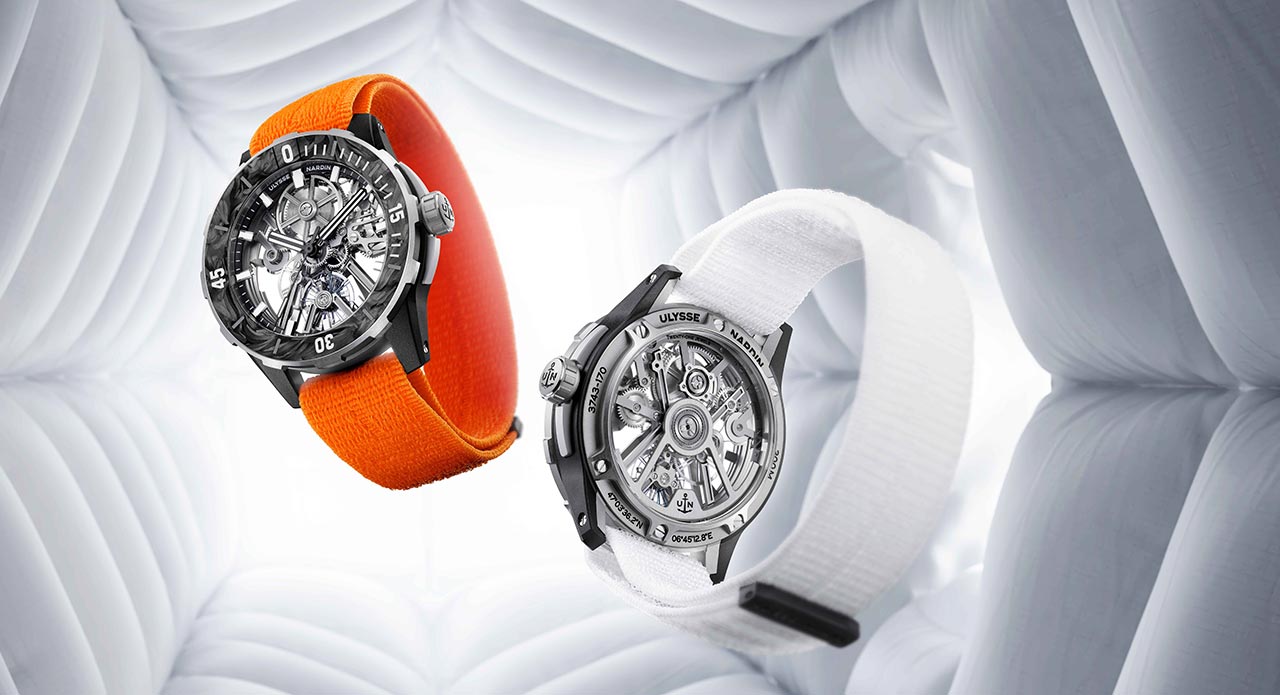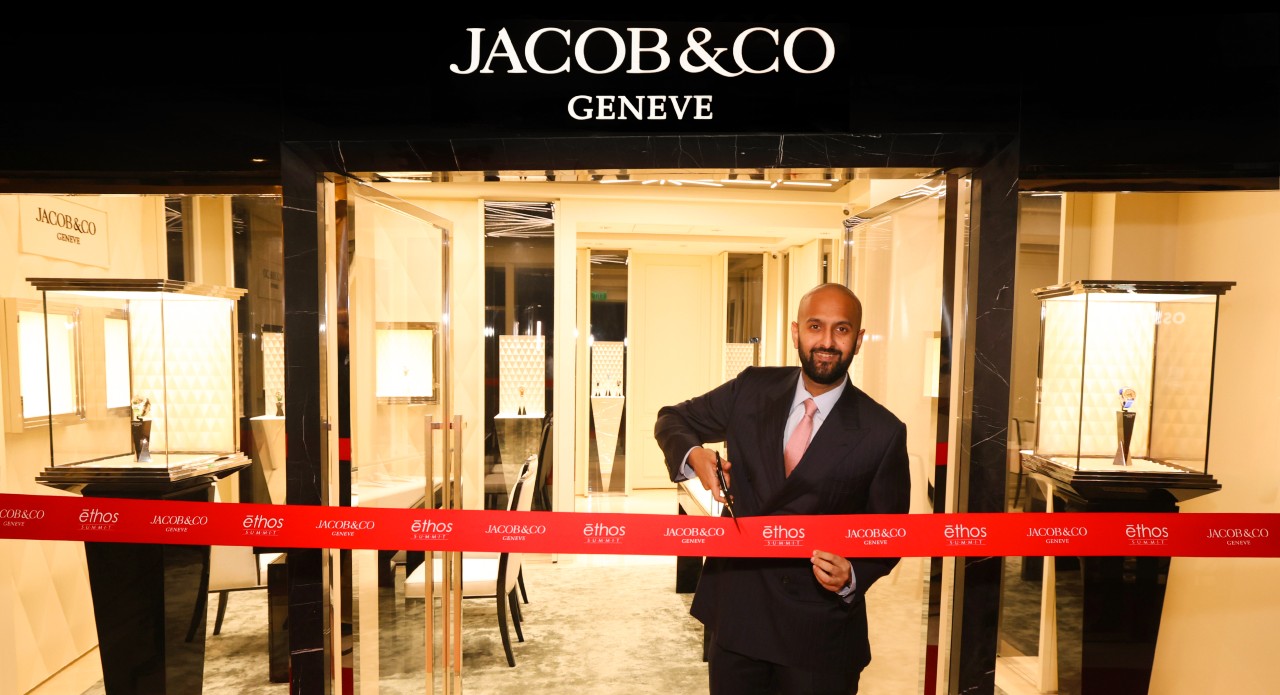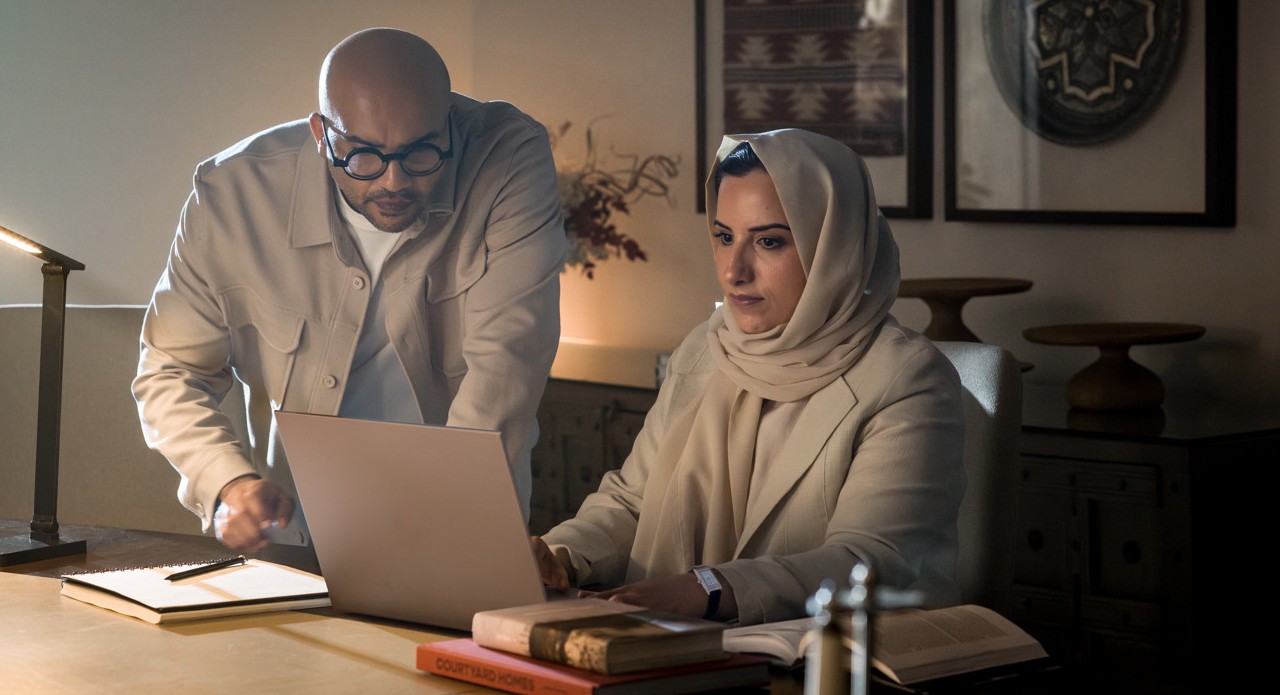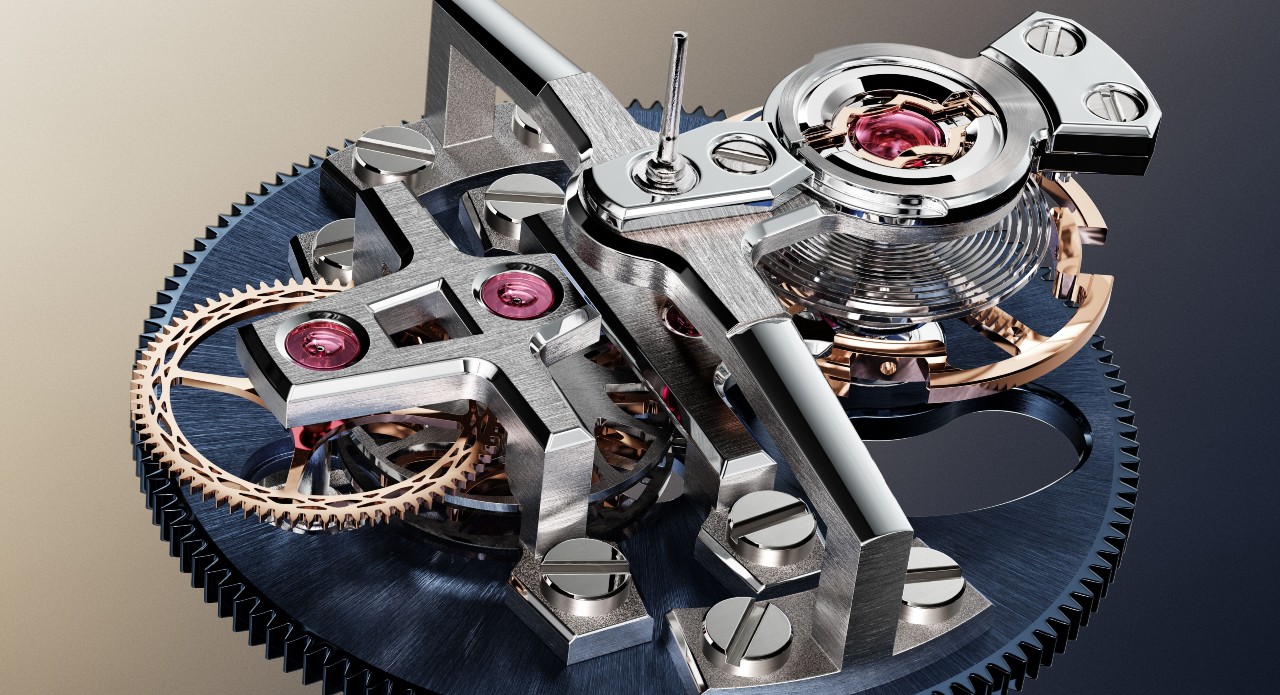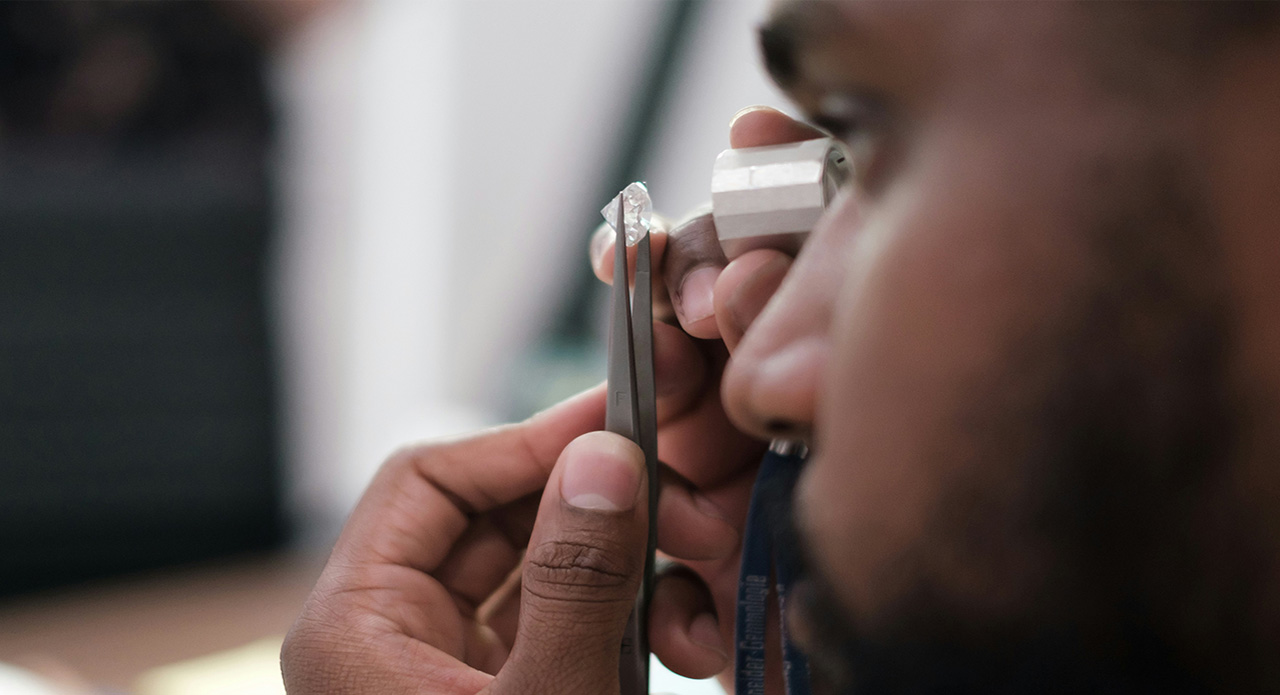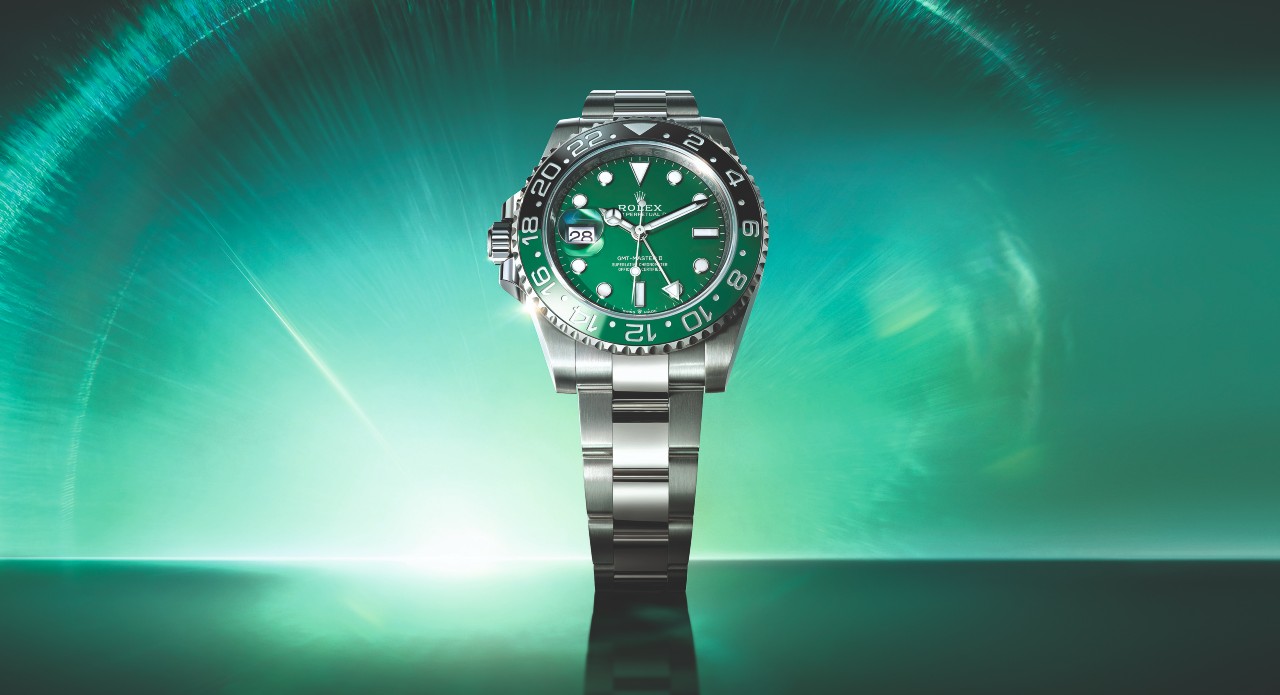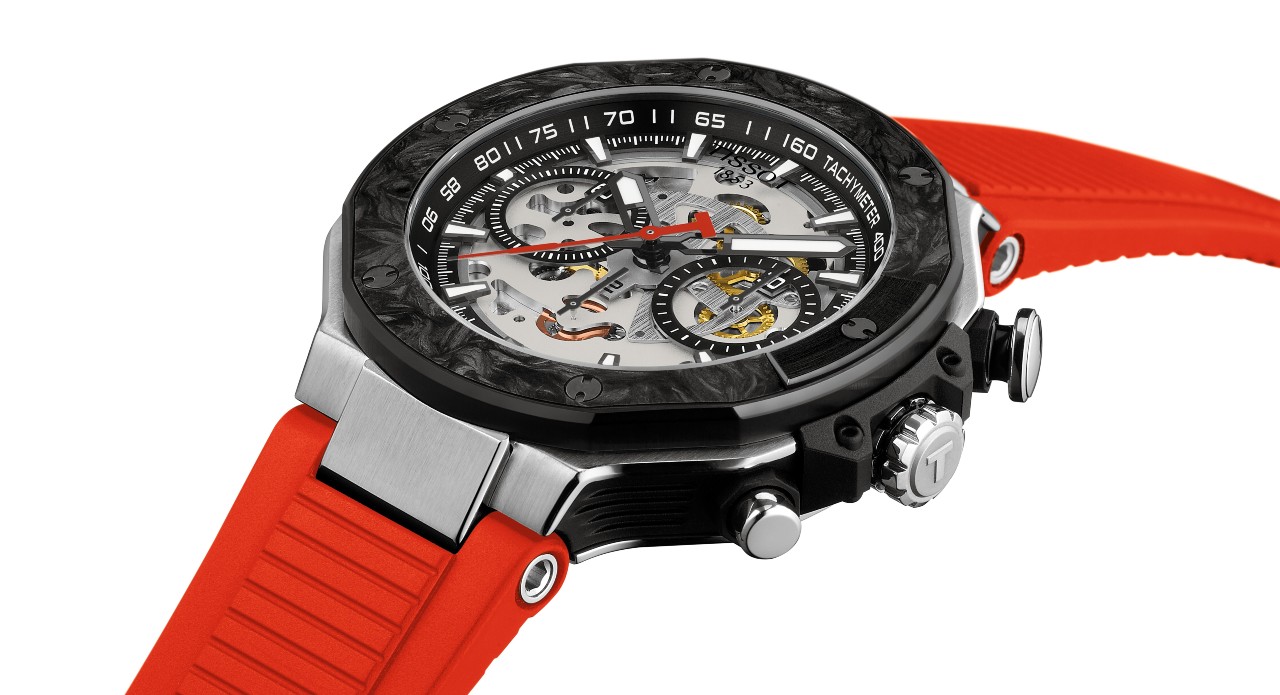Sustainability is not a new concept, but dates back to the time of ancient period where traditional methods and ideas emphasised harmony with environment and optimum utilisation resources ethically. Many civilisations practiced sustainable living by instilling a great regard for the environment and recognising the interconnection of all living things. The rise of sustainability as a popular trend can be traced back to increased awareness of environmental challenges especially in the 1960s and 1970s which saw a spike in environmental activism. The following decades underlined the importance of balancing economic expansion and environmental preservation. The current term “sustainability” began to take shape in the twentieth century, particularly with the publication of the Brundtland Report in 1987.
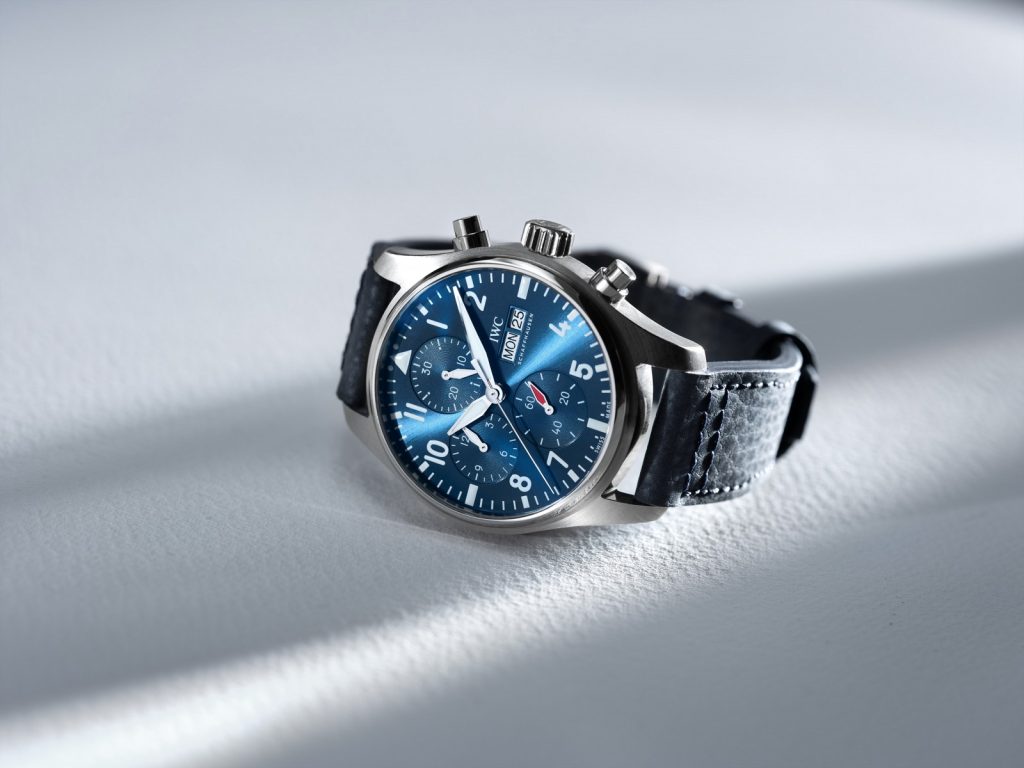
In a press statement, Gisele Bündchen, environmentalist, and supermodel says, “I’m excited to partner with IWC on our shared purpose of protecting our planet. Our sustainability journeys both started with the realisation that we had a responsibility to do more. That we could use our voices and influence to make a positive impact on the environment and society. I look forward to working together with IWC to help leave a better future for generations to come.”
In a similar press statement, Franziska Gsell, CMO, IWC Schaffhausen says, “With Gisele we have someone who shares our purpose and determination to impact real change on the environment and society. Gisele’s experience, dedication and global reach will help to open up new possibilities for us to positively impact the environment and communities around the world.”
Using Eco-friendly Materials
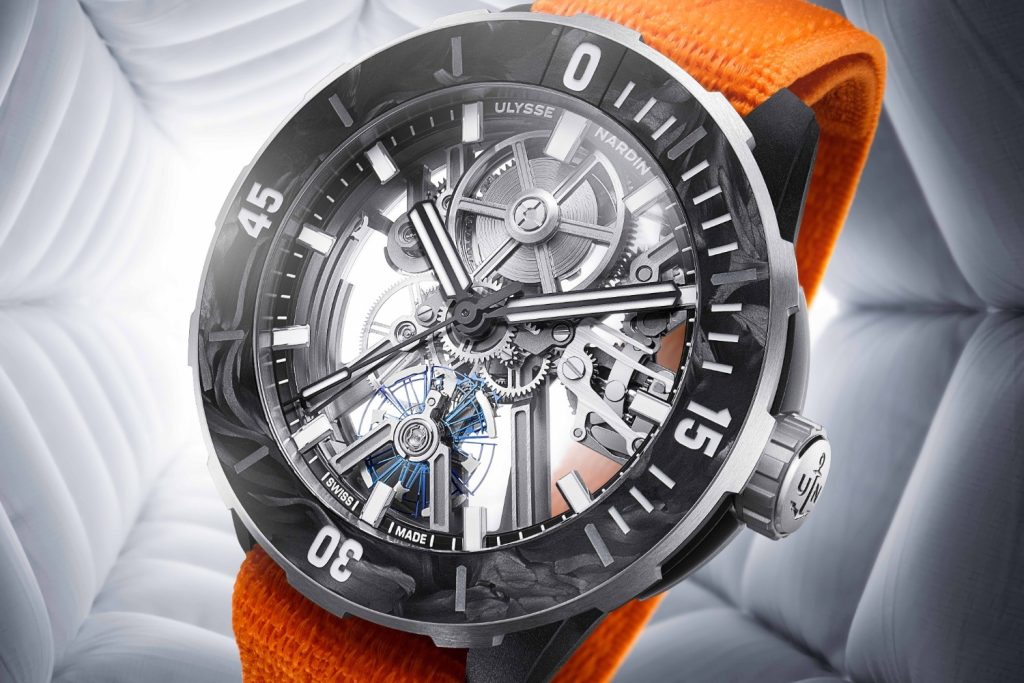
Luxury watch brands have now gradually started to incorporate eco-friendly materials for the construction of timepieces like recycled plastics, sustainable, vegan leather straps. Brands like ORIS uses the recycled PET plastic for its Aquis Date Upcycle on the dial, IWC TimberTex straps are made from a low-impact paper-based material, recycled Nespresso aluminium capsules in Hublot Big Bang Unico Nespresso Origin, and recycled tyres used in DEFY Extreme E Limited Edition. Another brand that cannot be ignored is Panerai that has been using recycled materials in its Submersible eLAB-ID concept watch made from 98.6% recycled components and the Submersible QuarantaQuattro eSteel™ using 52% recycled material.
Sustainable Packaging
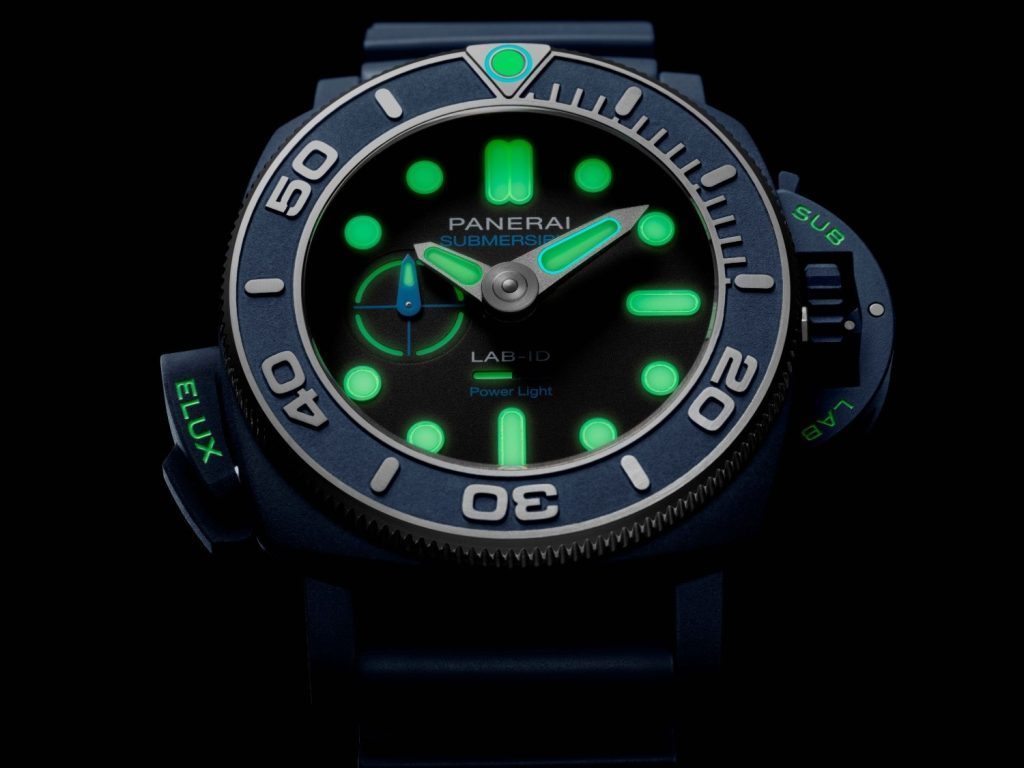
An important part of the manufacturing process, packaging is where brands can contribute to sustainability. Many watchmakers have now started to look for sustainable measure to create boxes for their timepieces. Blancpain has made significant strides in sustainable packaging using FSC-certified cardboard and paper, and all its packaging materials are 100% recyclable.
Collaborative Efforts

This year Rolex and National Geographic notified a two-year series of oceanic expeditions. There have been numerous occasions which prove that the ocean is rapidly changing, and that is purpose of this agreement to study the least explored parts, and document them. This would define the implications it would have not only o the people but also on the wildlife that depend on it.
